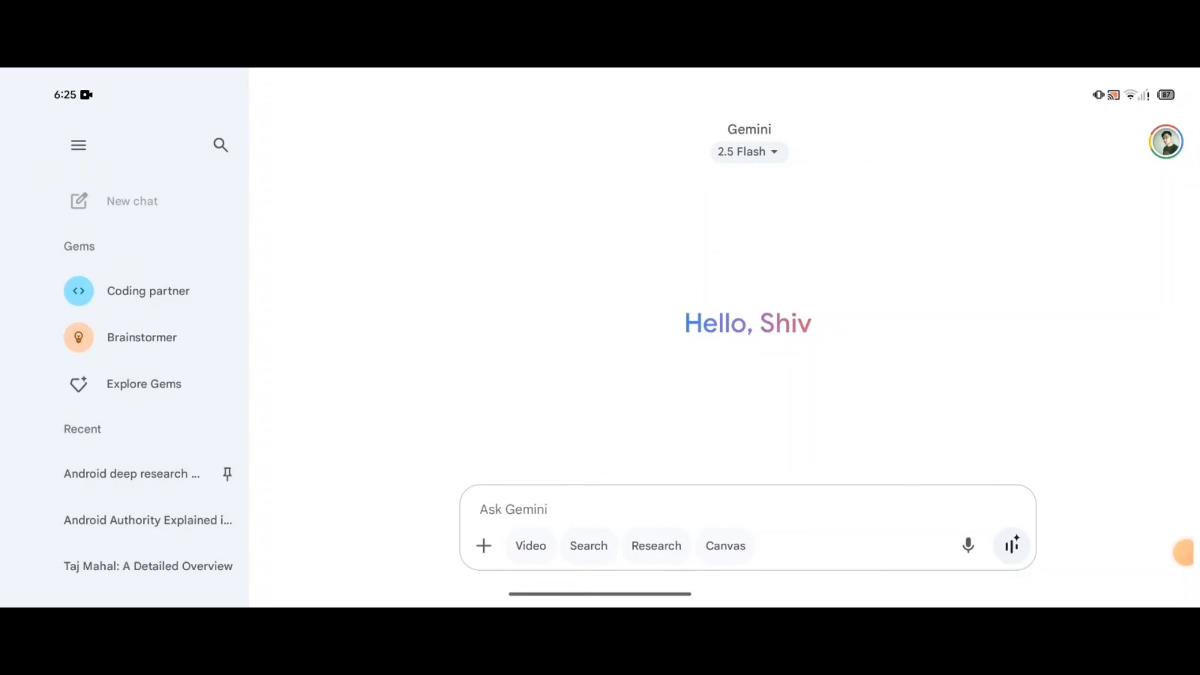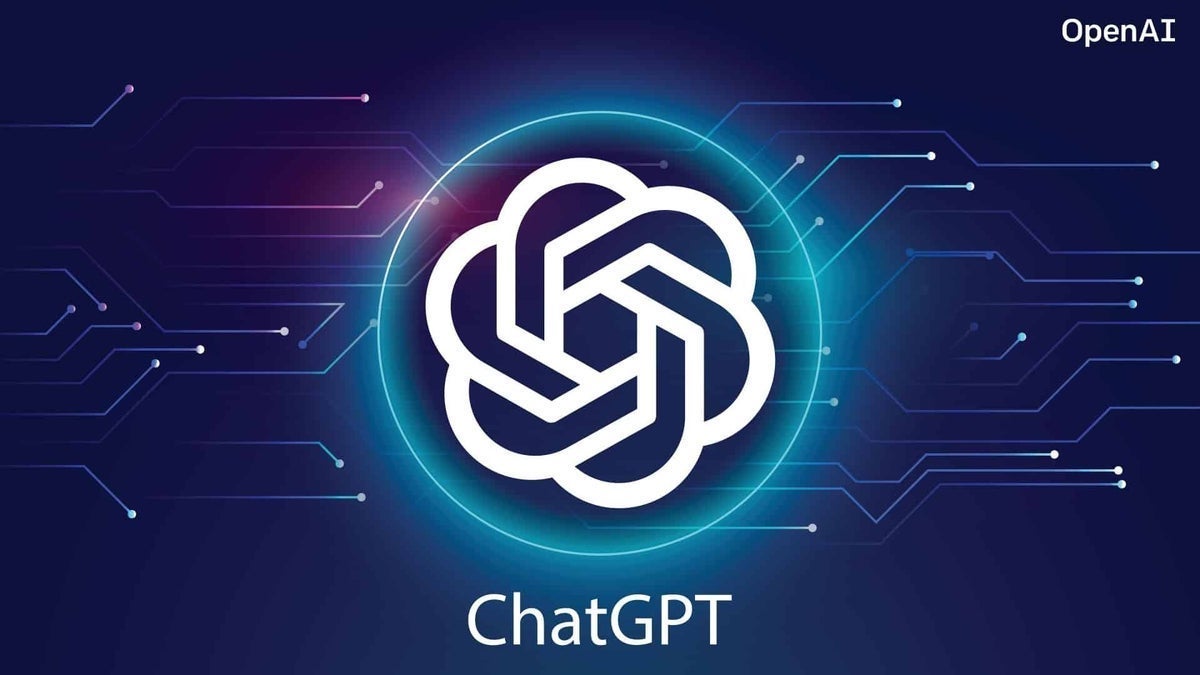Can AlphaEvolve Change How We Solve Problems? A Look Inside DeepMind’s Latest Breakthrough
Google DeepMind claims its latest tool, AlphaEvolve, can do something most coding assistants can’t - design entirely new algorithms. Billed as a Gemini-powered coding agent, AlphaEvolve doesn’t just help with existing code tasks; it tackles problems from the ground up, generating fresh algorithmic approaches that aim to outperform traditional methods. If it works as described, it could mark a major shift in how humans and AI collaborate on some of the toughest challenges in computing. However, we might have to wait a bit longer. Deepmind, which is essentially Google’s AI R&D lab, says that it is developing a user interface designed to let users interact directly with AlphaEvolve. They plan to roll out an early access program exclusively for selected academics to explore and provide feedback on the system before it is potentially released to a broader audience. AlphaEvolve is designed to combine the creativity of large language models (LLMs) with automated evaluators that verify output. Unlike typical code assistants that help write existing functions or scripts, AlphaEvolve targets complex, fundamental problems in math and computer science. DeepMind claims that it has already used AlphaEvolve internally and has gotten impressive results. For example, the company shared that AlphaEvolve was used to enhance the efficiency of Google’s data centers, chip design, and even AI training processes. It also helped design faster matrix multiplication algorithms and find new solutions to open mathematical problems. “Over the past year, we’ve deployed algorithms discovered by AlphaEvolve across Google’s computing ecosystem, including our data centers, hardware, and software, " shared DeepMind in a blog post. “The impact of each of these improvements is multiplied across our AI and computing infrastructure to build a more powerful and sustainable digital ecosystem for all our users.” One of the key barriers to mass adoption for GenAI is its tendency to hallucinate. In many use cases, accuracy and reliability matter, and if the system delivers factually wrong or nonsensical output, the credibility takes a massive hit. DeepMind aims to fix some of this with AlphaEvolve. With an automatic evaluation mechanism, the system can test and verify the quality of its own outputs. This approach has been taken by other companies and researchers. In fact, DeepMind itself applied a similar method with FunSearch in late 2023, when it paired a language model with automated testing to uncover new mathematical solutions. Now with a more advanced LLM backbone, including the company’s fastest and most efficient model, Gemini Flash, AlphaEvolve could potentially be more powerful. DeepMind is positioning this coding assistant to serve a wide range of applications, but there are some concerns about its scope. AlphaEvolve has two key limitations. First, it can only tackle problems that come with a built-in way to evaluate success. This means that users must provide it with a formula or some method to automatically test its solutions. Second, AlphaEvolve can only describe its solutions as algorithms, which limits its use to numerical or computational problems. It’s not designed for tasks that go beyond numbers or coding. DeepMind put AlphaEvolve through internal testing. In one of the tests, AlphaEvolve developed a method to improve data center scheduling for Borg, Google’s resource management system. According to DeepMind, this optimization has been in production for over a year and has consistently recovered approximately 0.7% of Google’s worldwide compute resources. The coding agent also performed well on a geometric challenge that has puzzled mathematicians since the time of Newton. The kissing number problem asks how many spheres can touch one central sphere without overlapping. a question that grows far more complex in higher dimensions. AlphaEvolve found a new lower bound in 11 dimensions, arranging 593 spheres in a previously undocumented configuration. DeepMind experts AlphaEvolve to be useful in various applications, including material science, drug discovery, and sustainability. It could help free up time for experts to focus on tasks that require more human skills and expertise. The company emphasizes the system’s evolving potential, stating, “AlphaEvolve displays the progression from discovering algorithms for specific domains to developing more complex algorithms for a wide range of real-world challenges. We’re expecting AlphaEvolve to continue improving alongside the capabilities of large language models, especially as they become even better at coding.”

Google DeepMind claims its latest tool, AlphaEvolve, can do something most coding assistants can’t - design entirely new algorithms. Billed as a Gemini-powered coding agent, AlphaEvolve doesn’t just help with existing code tasks; it tackles problems from the ground up, generating fresh algorithmic approaches that aim to outperform traditional methods.
If it works as described, it could mark a major shift in how humans and AI collaborate on some of the toughest challenges in computing. However, we might have to wait a bit longer.
Deepmind, which is essentially Google’s AI R&D lab, says that it is developing a user interface designed to let users interact directly with AlphaEvolve. They plan to roll out an early access program exclusively for selected academics to explore and provide feedback on the system before it is potentially released to a broader audience.
AlphaEvolve is designed to combine the creativity of large language models (LLMs) with automated evaluators that verify output. Unlike typical code assistants that help write existing functions or scripts, AlphaEvolve targets complex, fundamental problems in math and computer science.
DeepMind claims that it has already used AlphaEvolve internally and has gotten impressive results. For example, the company shared that AlphaEvolve was used to enhance the efficiency of Google’s data centers, chip design, and even AI training processes. It also helped design faster matrix multiplication algorithms and find new solutions to open mathematical problems.
“Over the past year, we’ve deployed algorithms discovered by AlphaEvolve across Google’s computing ecosystem, including our data centers, hardware, and software, " shared DeepMind in a blog post. “The impact of each of these improvements is multiplied across our AI and computing infrastructure to build a more powerful and sustainable digital ecosystem for all our users.”
One of the key barriers to mass adoption for GenAI is its tendency to hallucinate. In many use cases, accuracy and reliability matter, and if the system delivers factually wrong or nonsensical output, the credibility takes a massive hit.
DeepMind aims to fix some of this with AlphaEvolve. With an automatic evaluation mechanism, the system can test and verify the quality of its own outputs. This approach has been taken by other companies and researchers. In fact, DeepMind itself applied a similar method with FunSearch in late 2023, when it paired a language model with automated testing to uncover new mathematical solutions.
Now with a more advanced LLM backbone, including the company’s fastest and most efficient model, Gemini Flash, AlphaEvolve could potentially be more powerful. DeepMind is positioning this coding assistant to serve a wide range of applications, but there are some concerns about its scope.
AlphaEvolve has two key limitations. First, it can only tackle problems that come with a built-in way to evaluate success. This means that users must provide it with a formula or some method to automatically test its solutions. Second, AlphaEvolve can only describe its solutions as algorithms, which limits its use to numerical or computational problems. It’s not designed for tasks that go beyond numbers or coding.
DeepMind put AlphaEvolve through internal testing. In one of the tests, AlphaEvolve developed a method to improve data center scheduling for Borg, Google’s resource management system. According to DeepMind, this optimization has been in production for over a year and has consistently recovered approximately 0.7% of Google’s worldwide compute resources.
The coding agent also performed well on a geometric challenge that has puzzled mathematicians since the time of Newton. The kissing number problem asks how many spheres can touch one central sphere without overlapping. a question that grows far more complex in higher dimensions. AlphaEvolve found a new lower bound in 11 dimensions, arranging 593 spheres in a previously undocumented configuration.
DeepMind experts AlphaEvolve to be useful in various applications, including material science, drug discovery, and sustainability. It could help free up time for experts to focus on tasks that require more human skills and expertise.
The company emphasizes the system’s evolving potential, stating, “AlphaEvolve displays the progression from discovering algorithms for specific domains to developing more complex algorithms for a wide range of real-world challenges. We’re expecting AlphaEvolve to continue improving alongside the capabilities of large language models, especially as they become even better at coding.”




















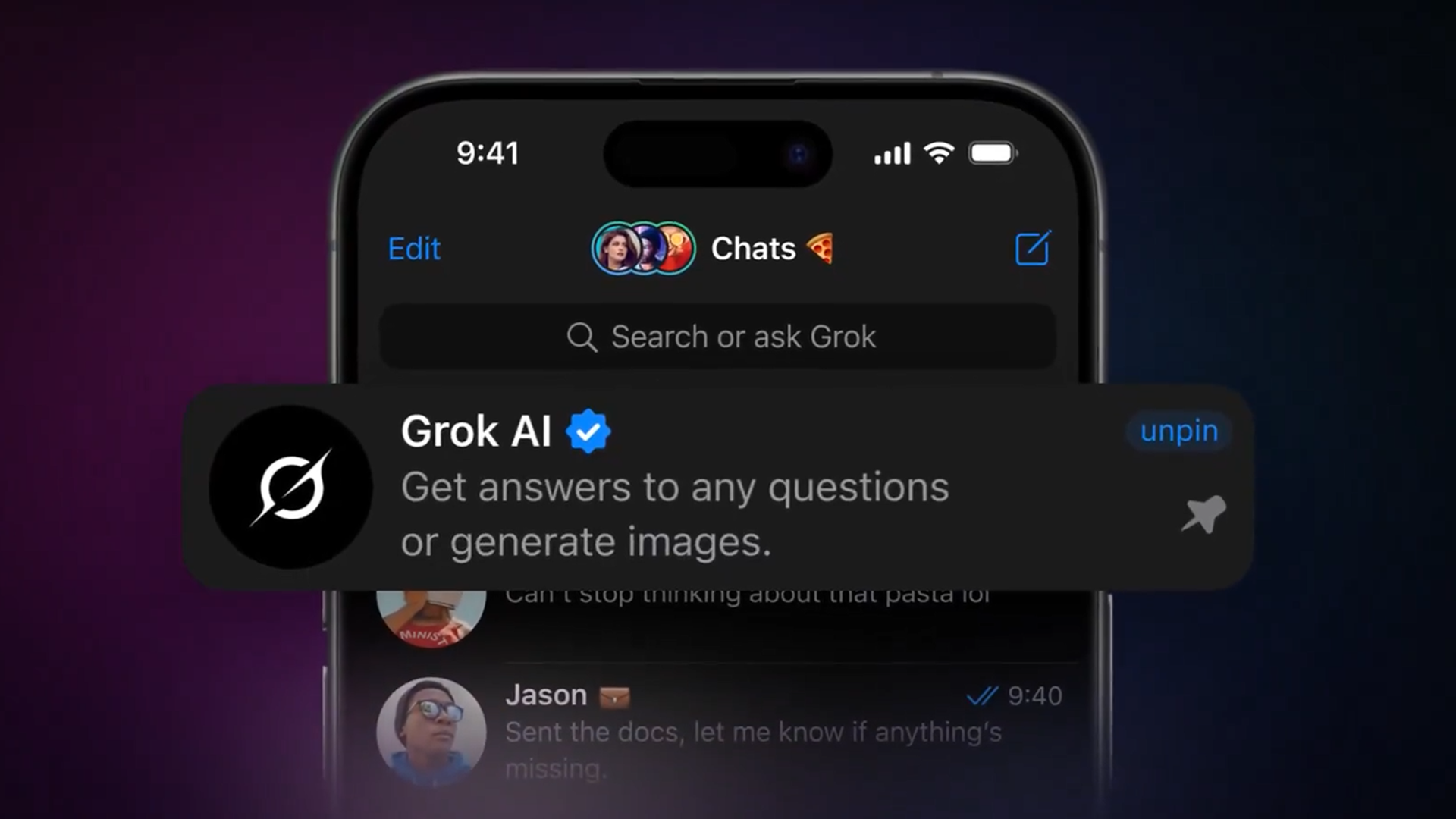
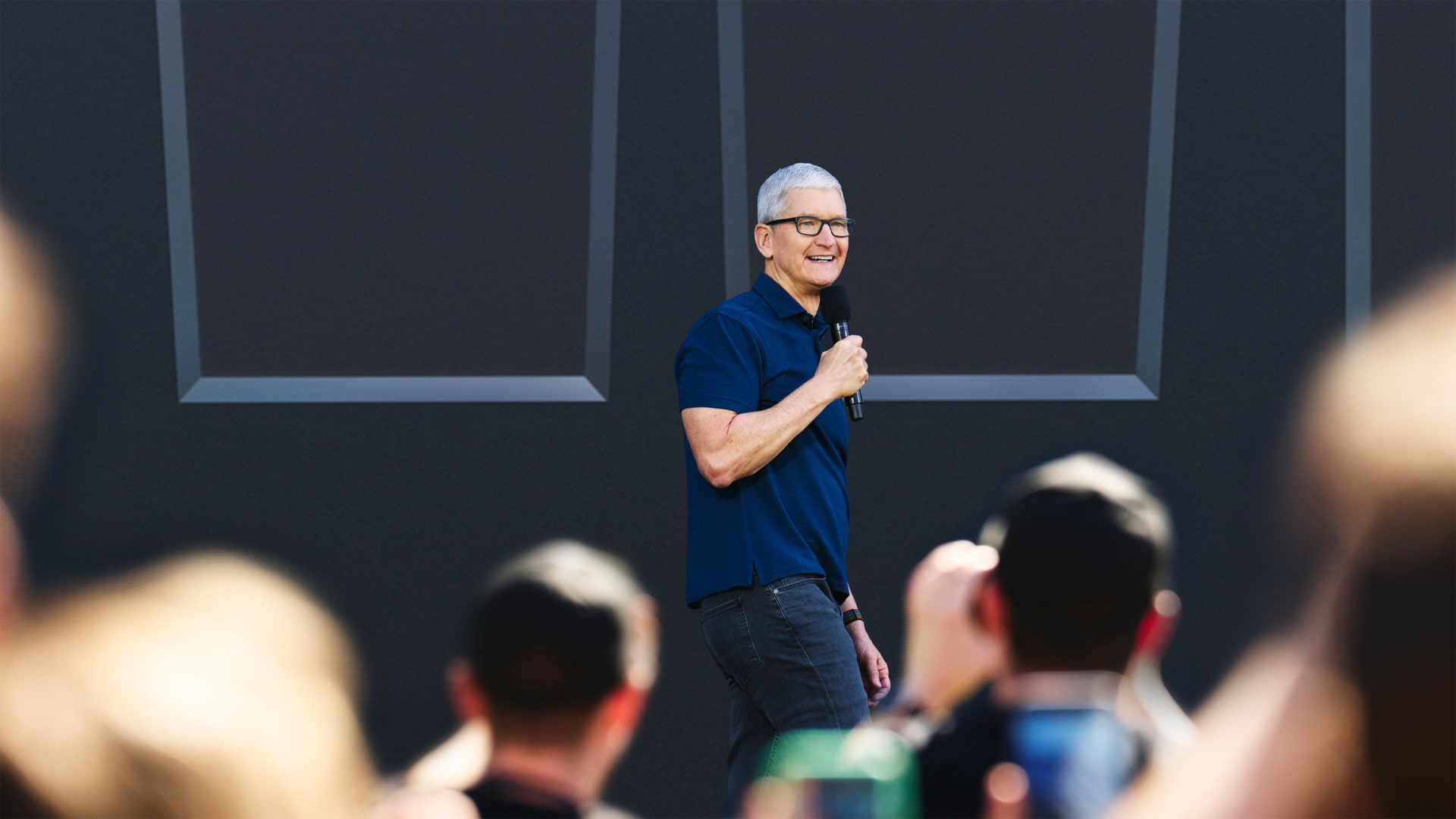





































.png)







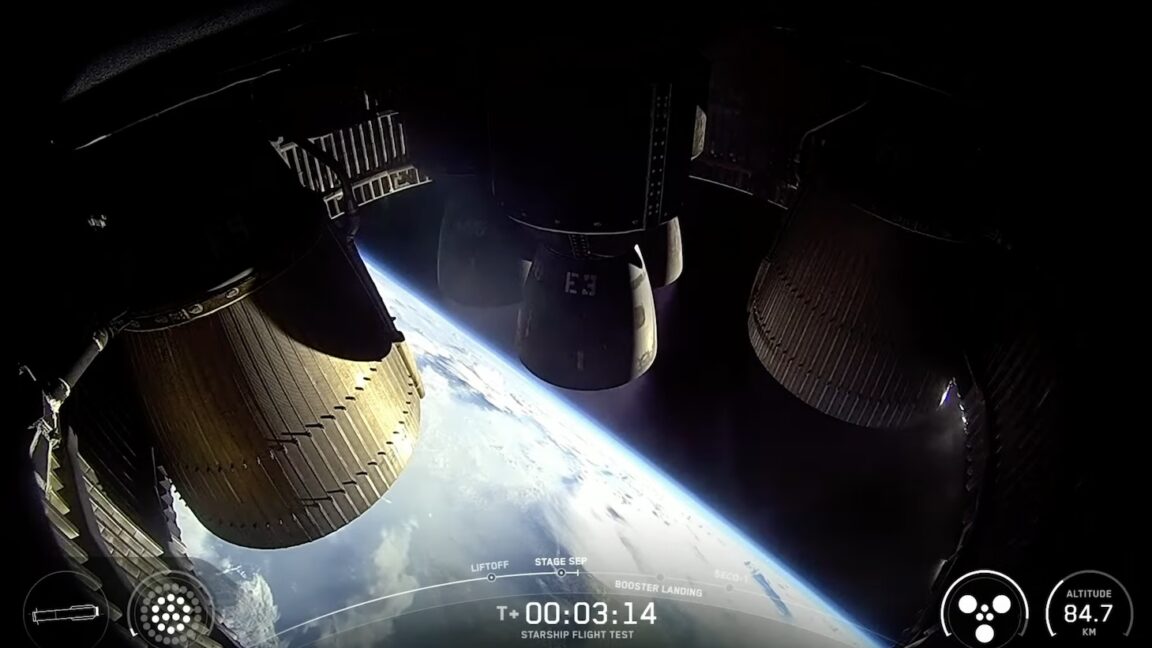
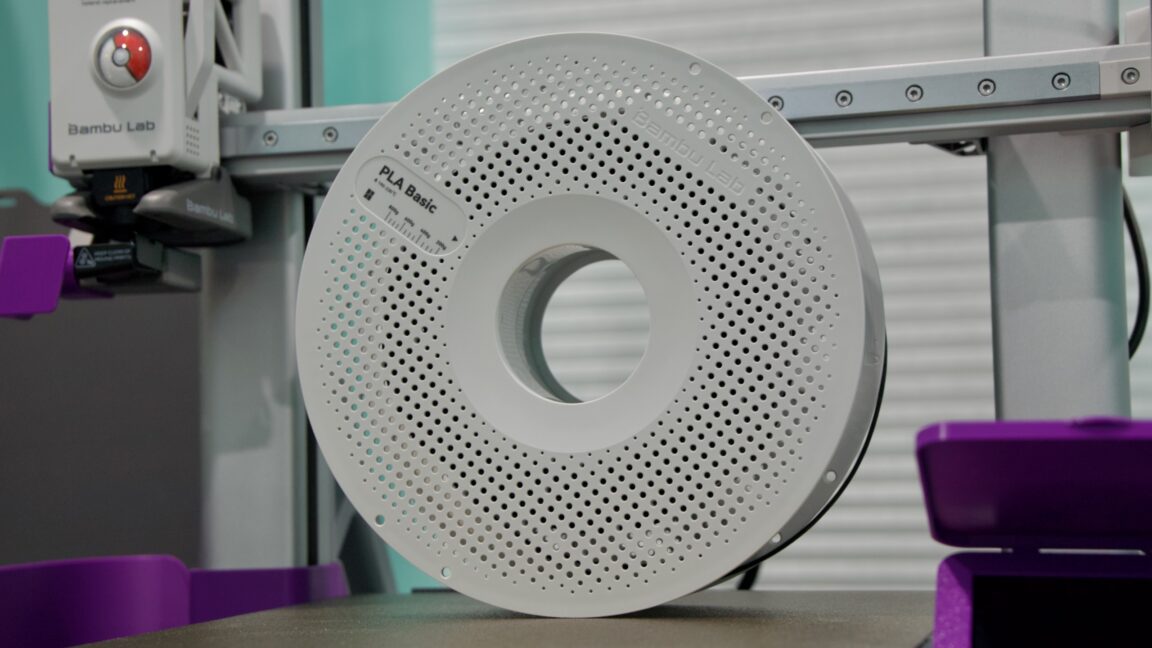













































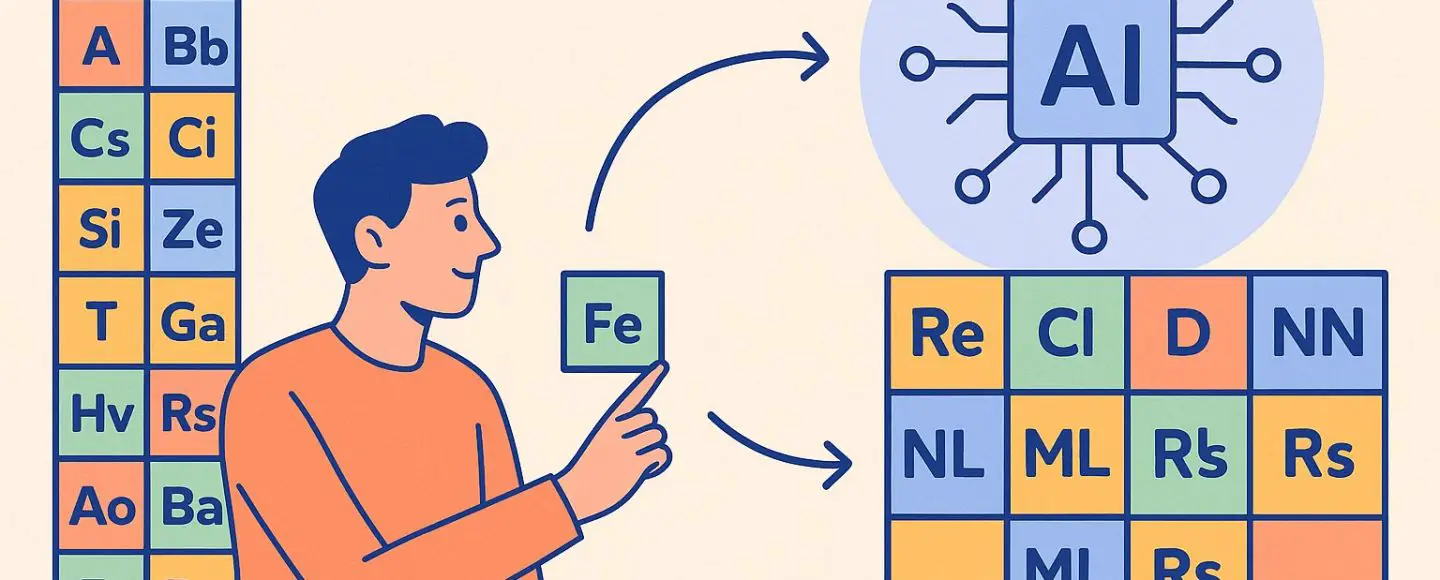





















































![[The AI Show Episode 149]: Google I/O, Claude 4, White Collar Jobs Automated in 5 Years, Jony Ive Joins OpenAI, and AI’s Impact on the Environment](https://www.marketingaiinstitute.com/hubfs/ep%20149%20cover.png)






































































































































































































































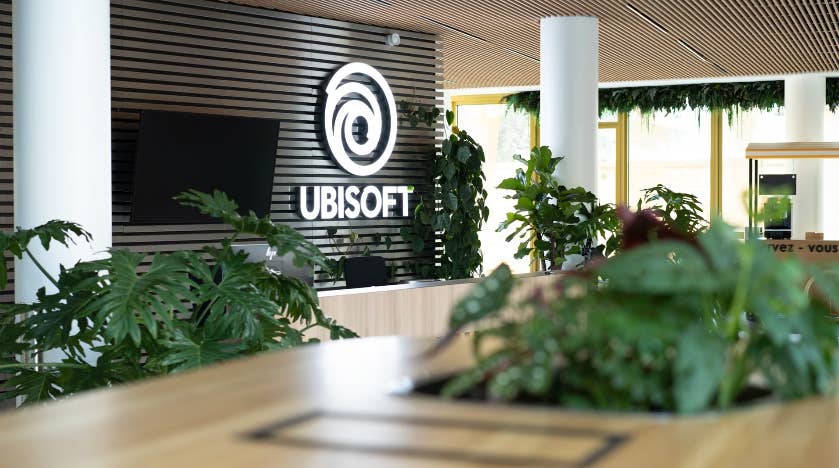
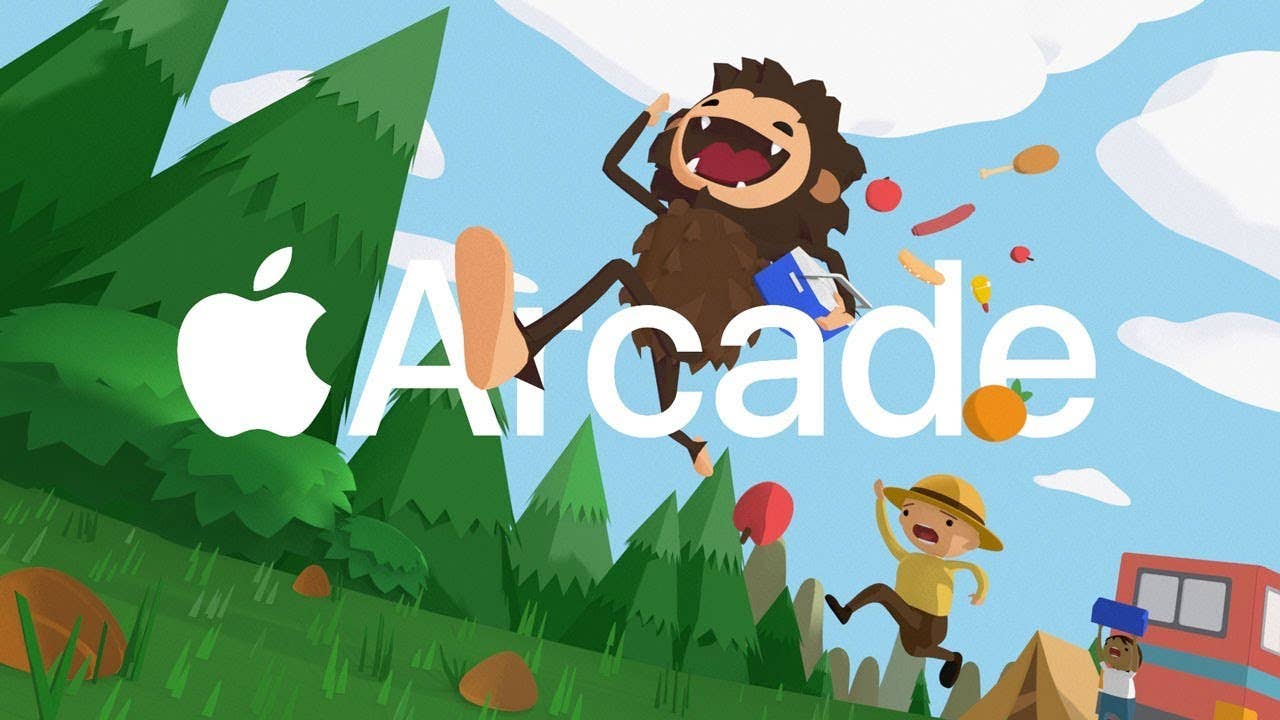

























_foto-zone_Alamy.jpg?width=1280&auto=webp&quality=80&disable=upscale#)


























































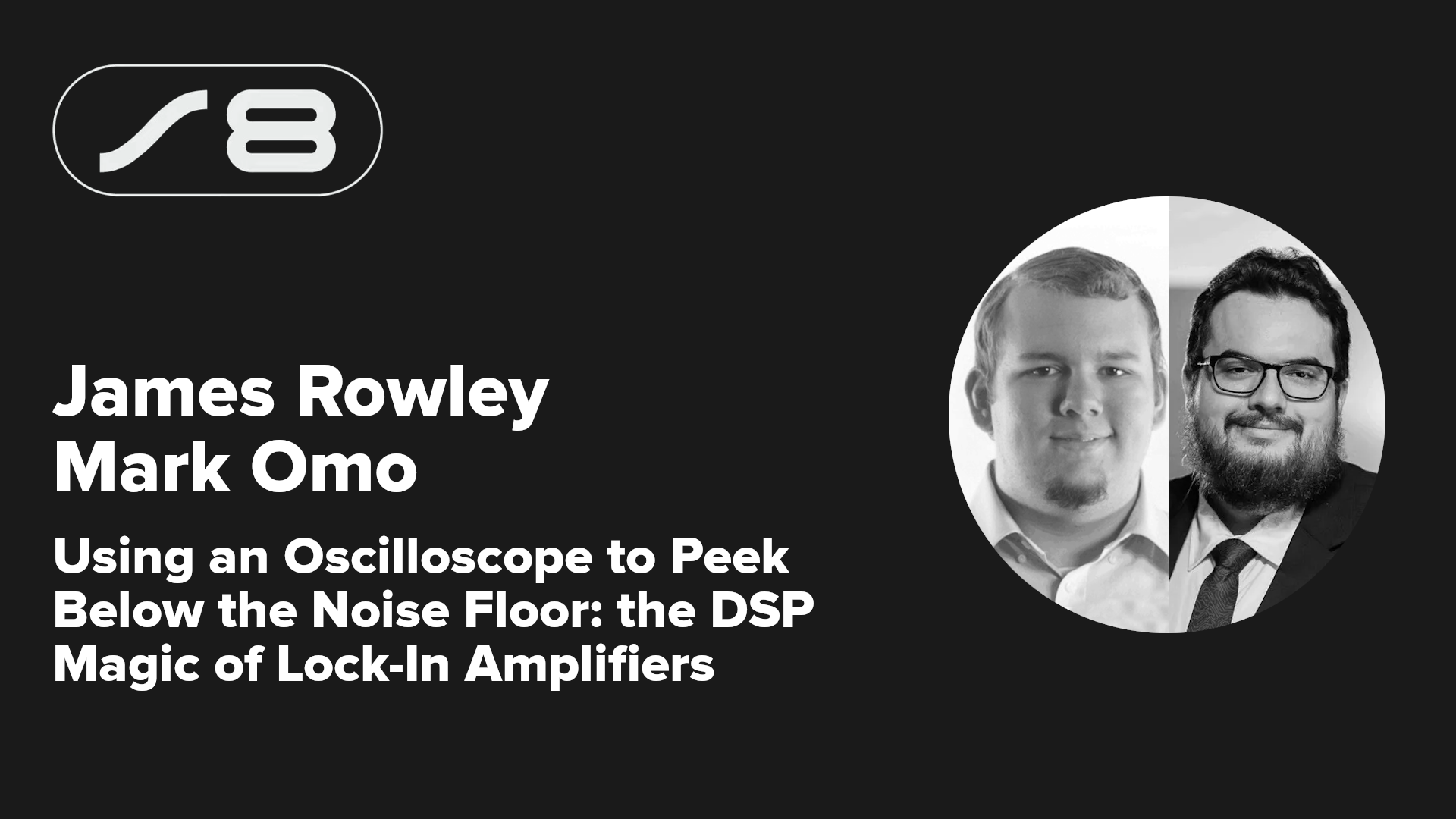


















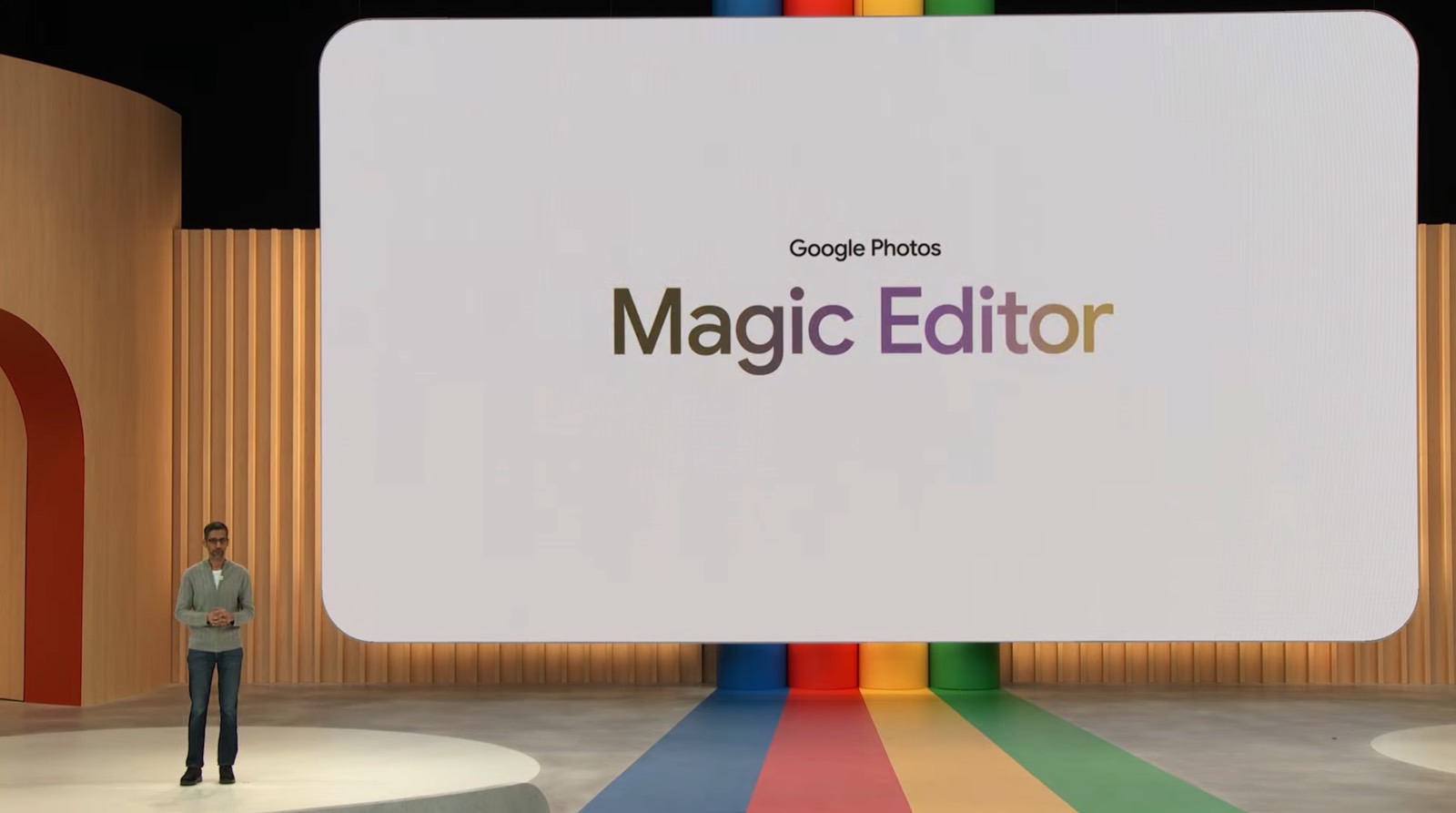





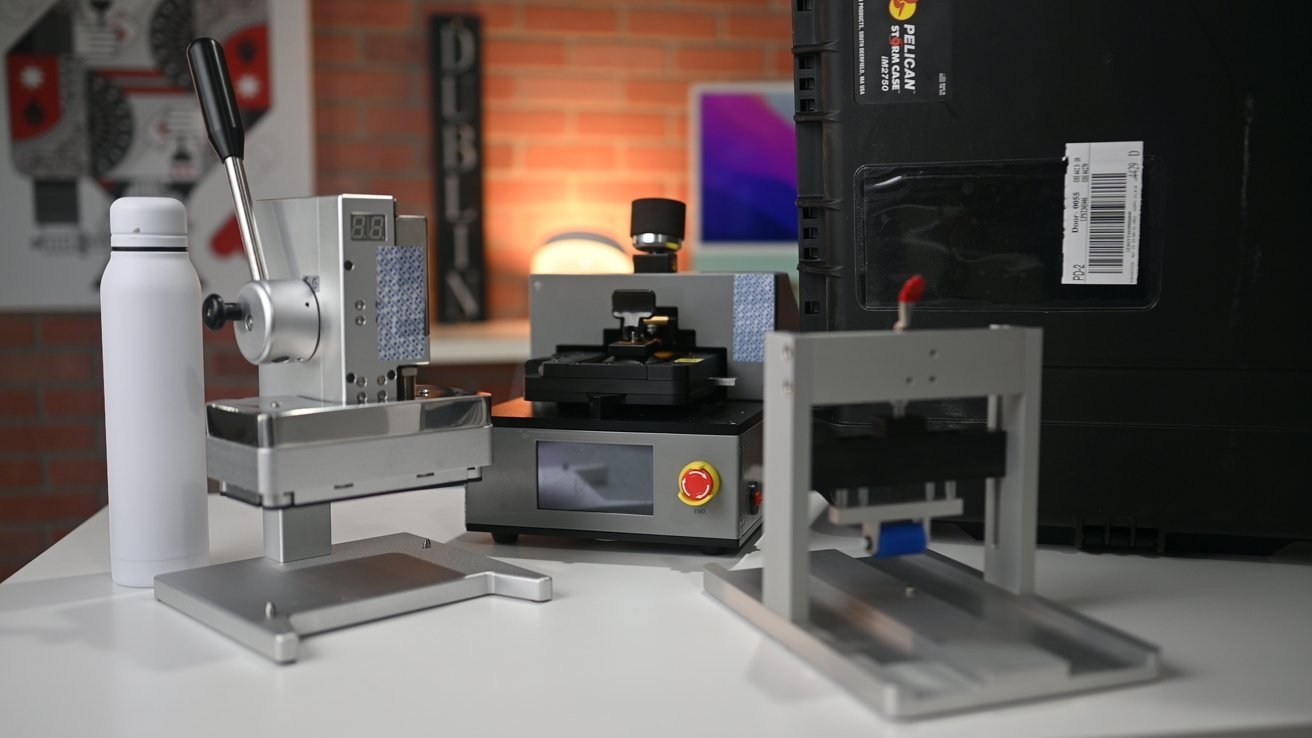




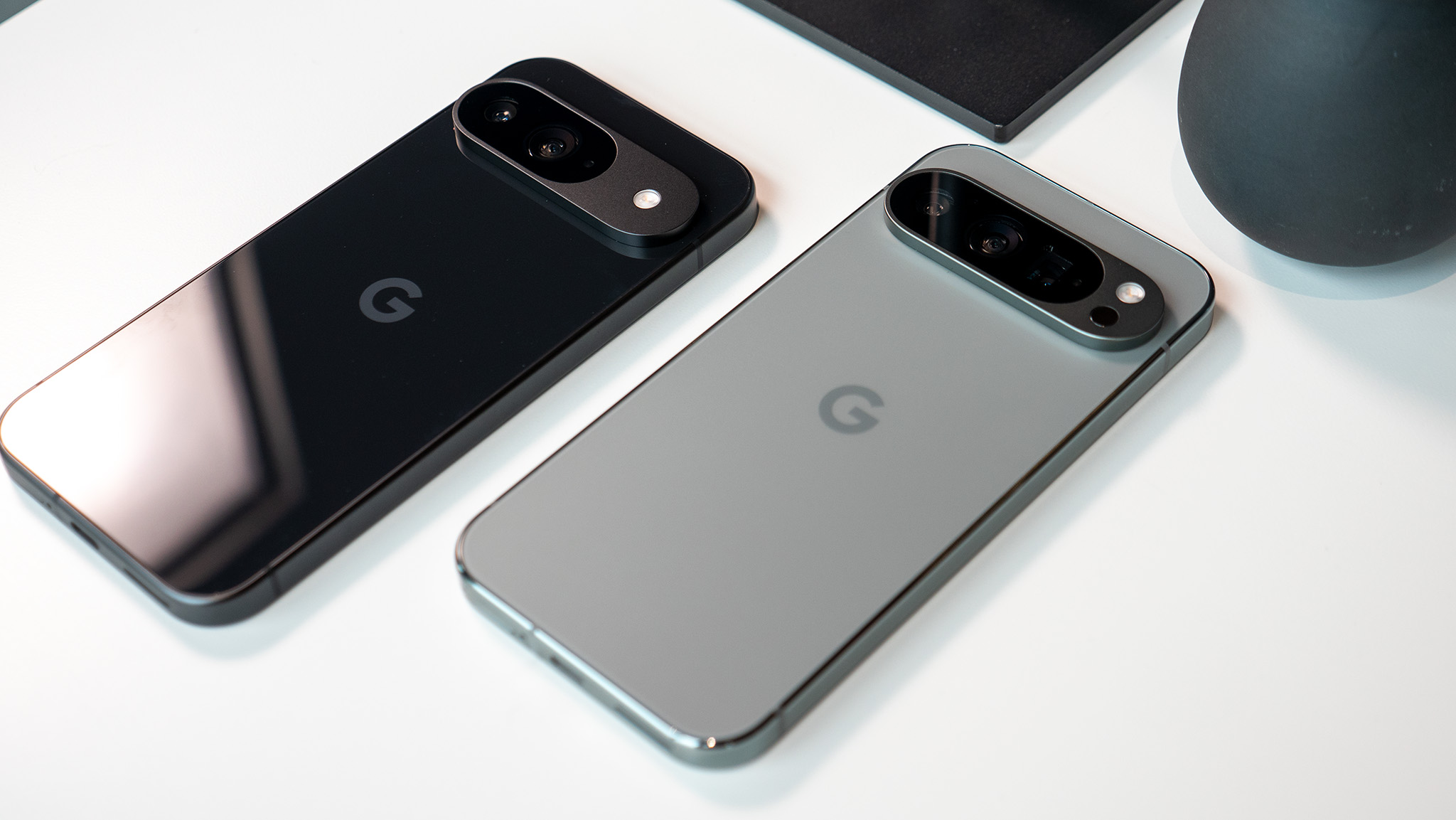
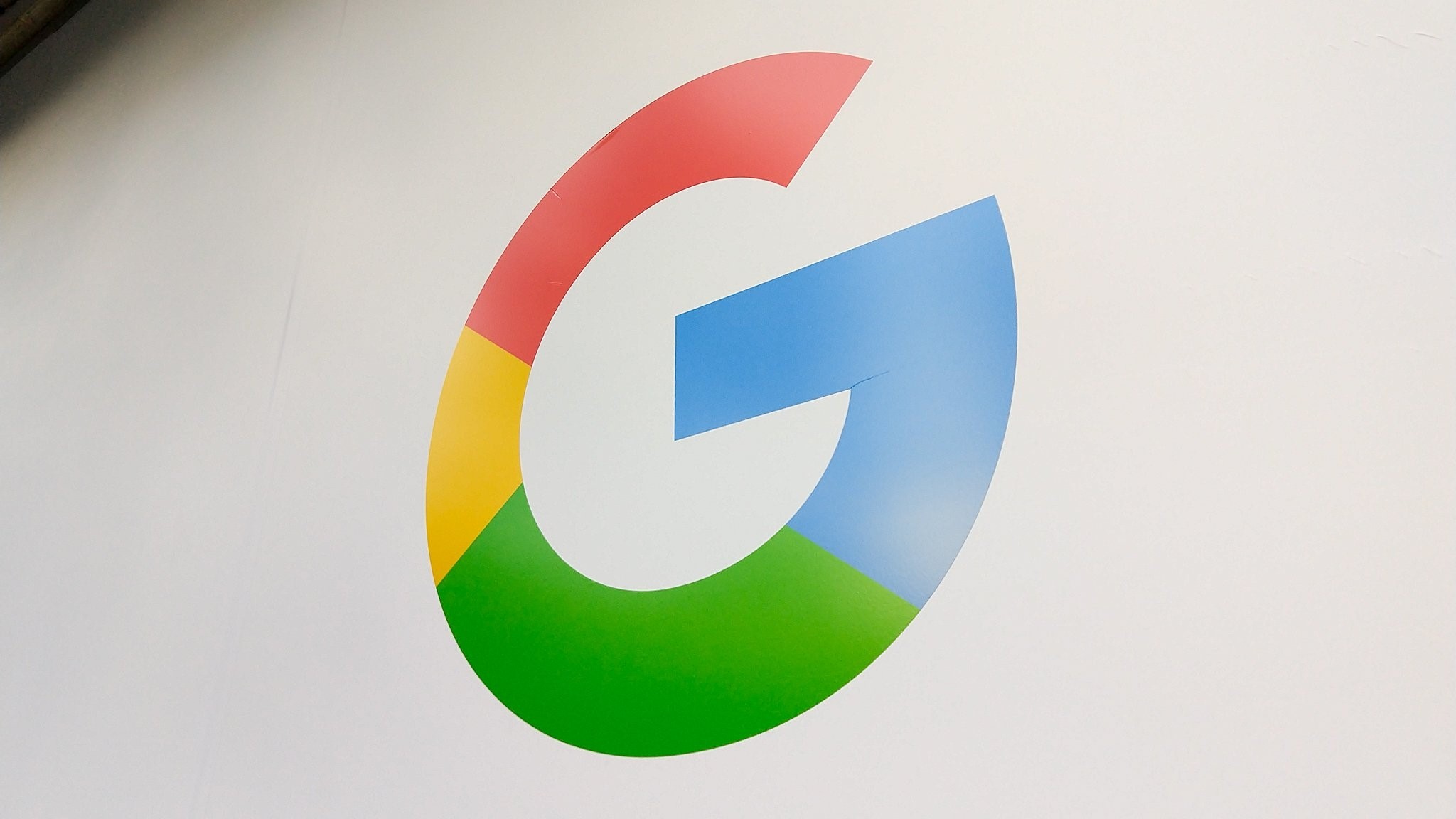




![iOS 19 may support easily transferring your iPhone’s eSIM to an Android device [U]](https://i0.wp.com/9to5mac.com/wp-content/uploads/sites/6/2022/09/iphone-14-eSIM-event.jpg?resize=1200%2C628&quality=82&strip=all&ssl=1)






![Here’s everything new in Samsung’s One UI 8 update [Gallery]](https://i0.wp.com/9to5google.com/wp-content/uploads/sites/4/2025/05/samsung-one-ui-8-intro.jpg?resize=1200%2C628&quality=82&strip=all&ssl=1)












![Apple Updates Logic Pro With Flashback Capture, Enhanced Stem Splitter, More [Download]](https://www.iclarified.com/images/news/97446/97446/97446-640.jpg)
![iOS 26? Apple to Adopt Year-Based Naming Across All Operating Systems [Report]](https://www.iclarified.com/images/news/97449/97449/97449-640.jpg)
























